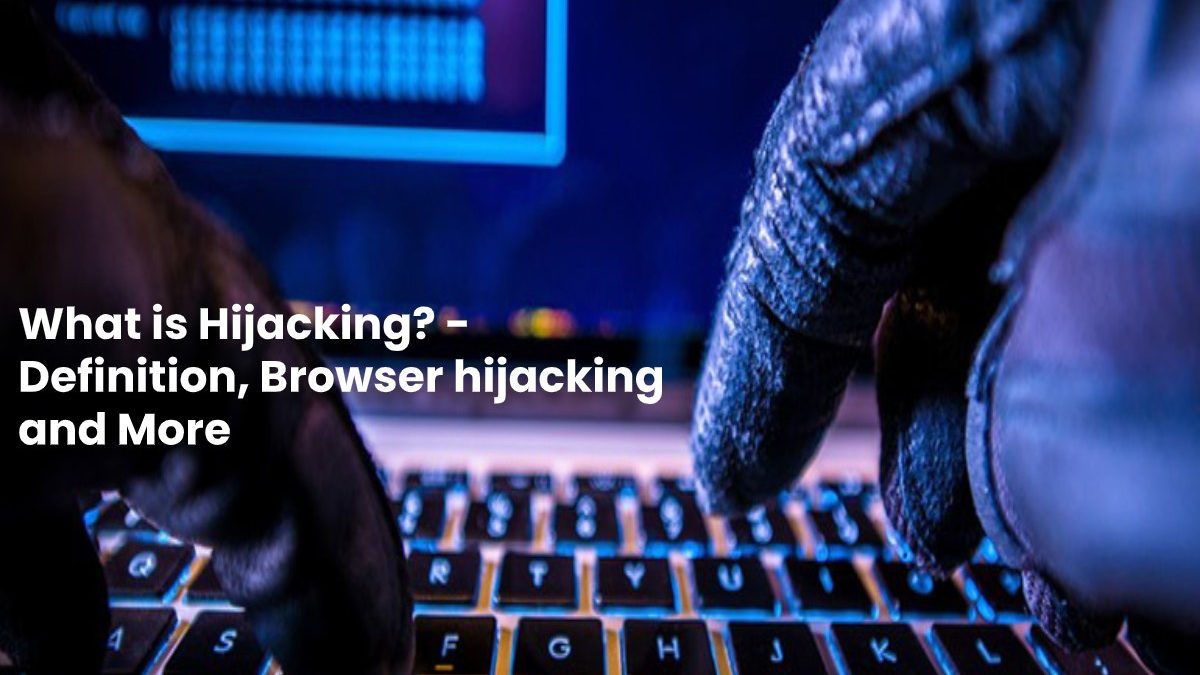Table of Contents
What is Hijack or hijacking?
Hijacking is an attempt to take a specific element of the Internet environment through unauthorized routes. In addition to URL hijacking, there is also domain hijacking, DNS, browser, TCP, session, and much more.
Also Read: What is BYOA? -Definition, Types, Advantages, and Disadvantages
Browser Hijacking
In most cases, computer users want to know how to protect themselves from malicious and uncontrollable intrusions.
- Browser hijacking occurs when unwanted programs installed on an internet browser to change browser activity.
- Internet browsers act as a “window” for the Internet and people use them to search for, view, or interact with information.
Sometimes companies add small programs to browsers without having users’ permission. Hijackers can be computer manufacturers, software developers, or hackers (or a combination of the three).
Impact and risk
Unscrupulous individuals and organizations inject their software into browsers for several reasons:
- Steal information from users
- Spy on users
- Show persistent ad
- Make the forced sale of a trial period to a customer
Sometimes hackers install the malware in browsers to direct users to websites, the use of which is to store critical information about them. This data can include user IDs, passwords, names, surnames, addresses, social security numbers, and even answers to security questions.
How to get rid of a browser hijacker?
- Several antivirus software warns users of adware and spyware, but some new malware may go unnoticed, or security software may not be able to remove the intruder. In this case, users must reinstall their browsers to regain control of the interface.
- In extreme situations, the hijacking program reinstalls itself in the browser, and users may need to erase the contents of their computer, install a new operating system and the most current version of the browser, and then restore their personal files from a backup.
How to protect your systems from it?
Protecting yourself against browser hijacking is difficult. Frequently cleaning the directories containing cookies and browser history contributes to this.
- And also, it is essential to install and maintain quality antivirus software to prevent malware from installing on browsers. Security software should alert users to unauthorized installation attempts and ask what to do.
- This reduces the risk of infection. Also, try to evade running freeware programs, which, when installing the software, may extract software that you are not aware of.
- Besides, be sure to check the download settings for the software you want to install to reduce the likelihood that unwanted applications will infiltrate your computer.
And also, whichever approach the user takes to protect themselves, the best defense starts with frequently updating the operating system and performing smart checks when you visit websites.
Also Read: Common mistakes made while choosing Social CRM and how to avoid them

